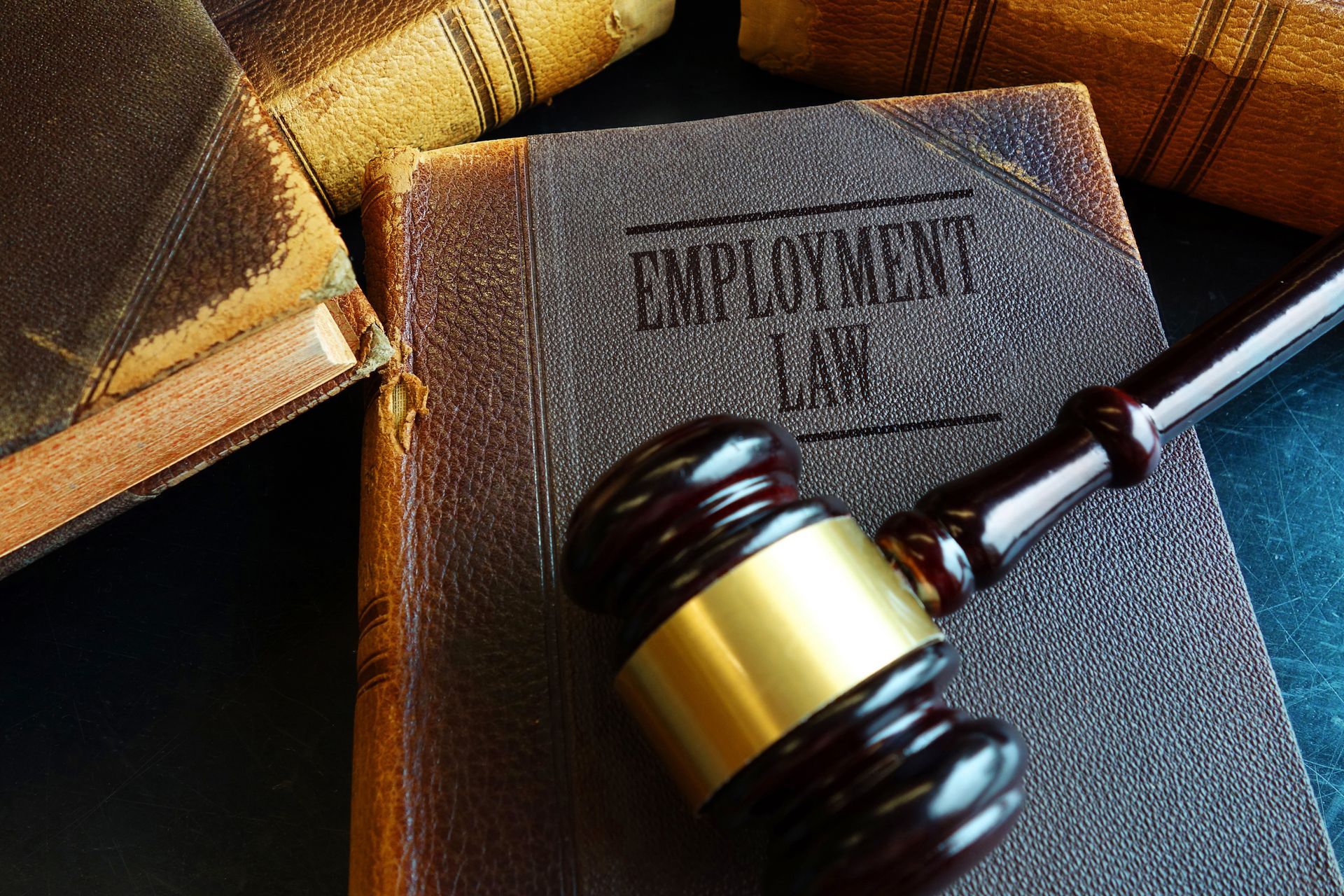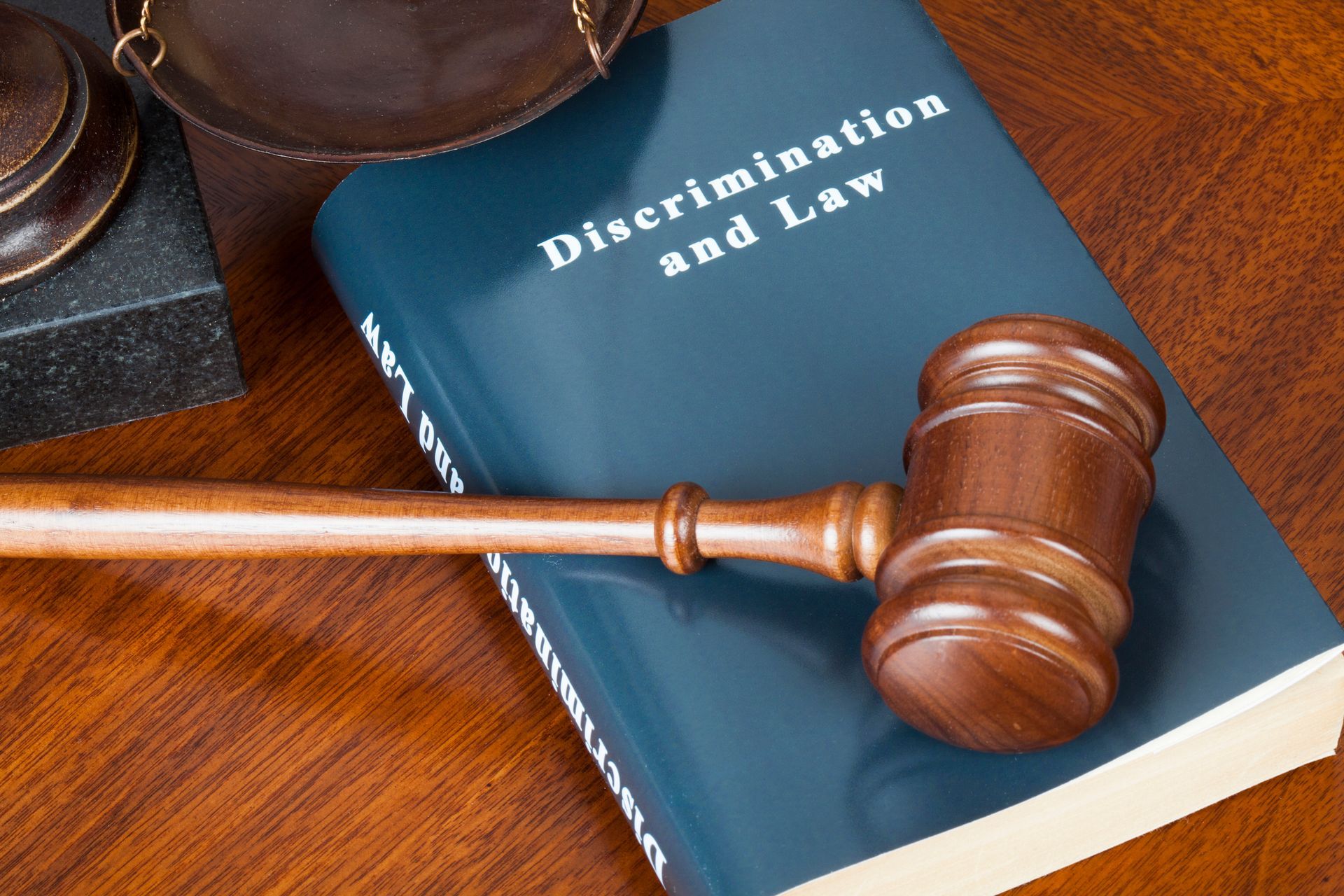Illegal Workplace Discrimination — What Is It and How Does It Happen?

Discrimination in the workplace can cost you your job, damage your career path, and ruin your mental health. But to combat discrimination, you must first understand what it is — and just as importantly, how it might manifest itself. To help you achieve more equality at work, here are a few key things to know about illegal discrimination.
What Is Discrimination?
In its broadest sense, discrimination is the act of treating someone differently — usually less fairly — based on a certain factor. Discrimination is unlawful in the workplace when it is based on one or more of what are known as protected categories. Discrimination based on factors outside these categories, such as a boss who simply doesn't like an employee, usually is not protected by existing laws.
What Are Protected Groups?
Fortunately for American workers, the list of types of discrimination they can be protected from has grown over time to include a wide array. These include:
· Age. Workers over 40 have special protection from discrimination against older workers
· Sex and Gender Identity. While usually applied in cases of women being discriminated against, this can also include male workers in traditionally female field (nurses and administrative assistants, hello!)
· Sexual Orientation. Along with discrimination against genders, sexual orientation cannot be used in employment decision-making.
· Pregnancy and Family Status. Expectant parents receive protection from loss of opportunities based on pregnancy. In addition, companies cannot discriminate toward workers based on being or not being parents. Family status questions are a clue, but not a per se example of illegal discrimination.
· Race and Ethnicity. Racial discrimination may include that based on physical characteristics, national background, and cultural ethnicity. The laws also forbids discrimination based on citizenship status.
· Religion. Religion includes religious beliefs, practices, forms of worship, religious attire, and even the need for time to practice one's religion, as well as other reasonable accommodations.
· Disability. This protection includes both physical and mental health disabilities as well as chronic or previous medical conditions. Employers must engage in a dialogue about reasonable accommodations for the worker's needs, and provide those accommodations absent an undue harm.
· Genetic Information. Companies have increasing access to health and genetic background information. This cannot be used to act against a worker.
Clearly, discrimination can happen in many situations — some of which may surprise workers. It may even be subtle, such as by a manager asking seemingly casual questions about a worker's kids, spouse, or family history. This is why it's important to know your rights.
What Forms Does Discrimination Take?
Discrimination can happen throughout employment — from the hiring process all the way through the termination process. From the outset, a company may not interview candidates of certain genders, ages, or ethnicities. Hiring managers should not weed out applicants based on questions or observations during interviews, such as when a candidate is pregnant.
For employees, discrimination can come in many ways. The company may not offer promotions, not assign people to prestigious projects, or give vacation and leave priority to other workers. It also may pay certain employees, such as women or those of an ethnic background, less than peers.
Harassment is a common form of discrimination. An employee might be mocked, picked on, touched without consent, told inappropriate jokes, or hit on based on their gender or sexual orientation, for instance. Religious discrimination can come in the form of mocking a person's religious beliefs. And workers with chronic health issues may be left out of team projects.
Finally, discrimination can occur even as you leave employment. Older workers or women may be laid off first. Some workers might be denied severance benefits offered to peers. Or a manager might simply come up with an excuse to fire a protected worker.
Where Can You Learn More?
Some cases of discrimination at work are easy to spot, but some companies are careful to make it subtle. Discrimination law is complicated and difficult to prove. All cases require an in-depth review of the facts of your situation. If you feel you may have been or are the subject of discrimination based on one of these categories, start by learning your rights. Allen D. Arnold Attorney at Law can help. We'll assess your situation and help you identify legal protections and compensation you may be due. Call today to get started.
Alabama Rules of Professional Conduct Notice: No Representation is made that the quality of legal services offered is greater than that of other lawyers. The information contained on this website is not a substitute for legal advice, and reading it does not create an attorney-client relationship.









